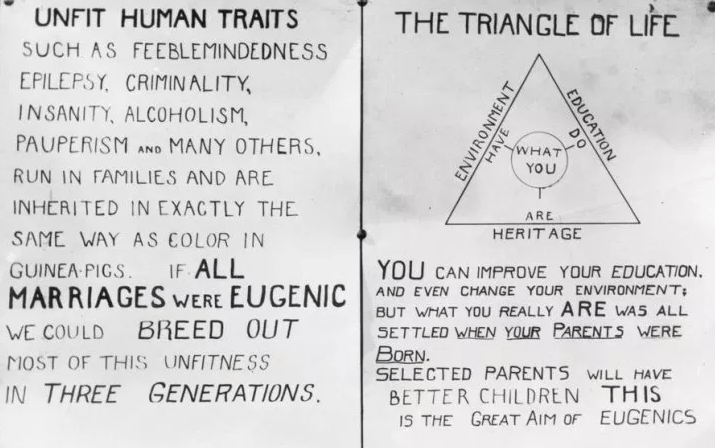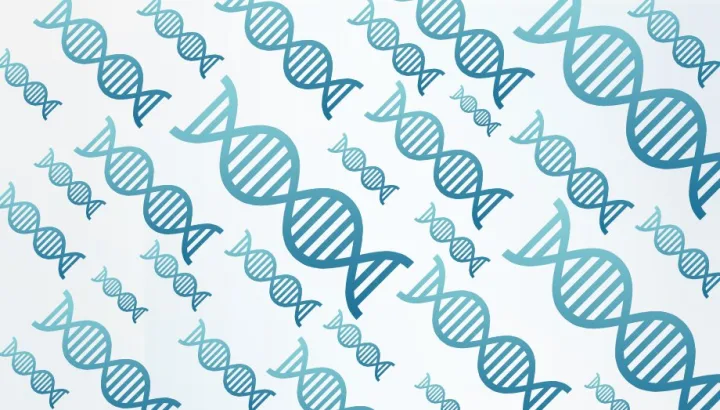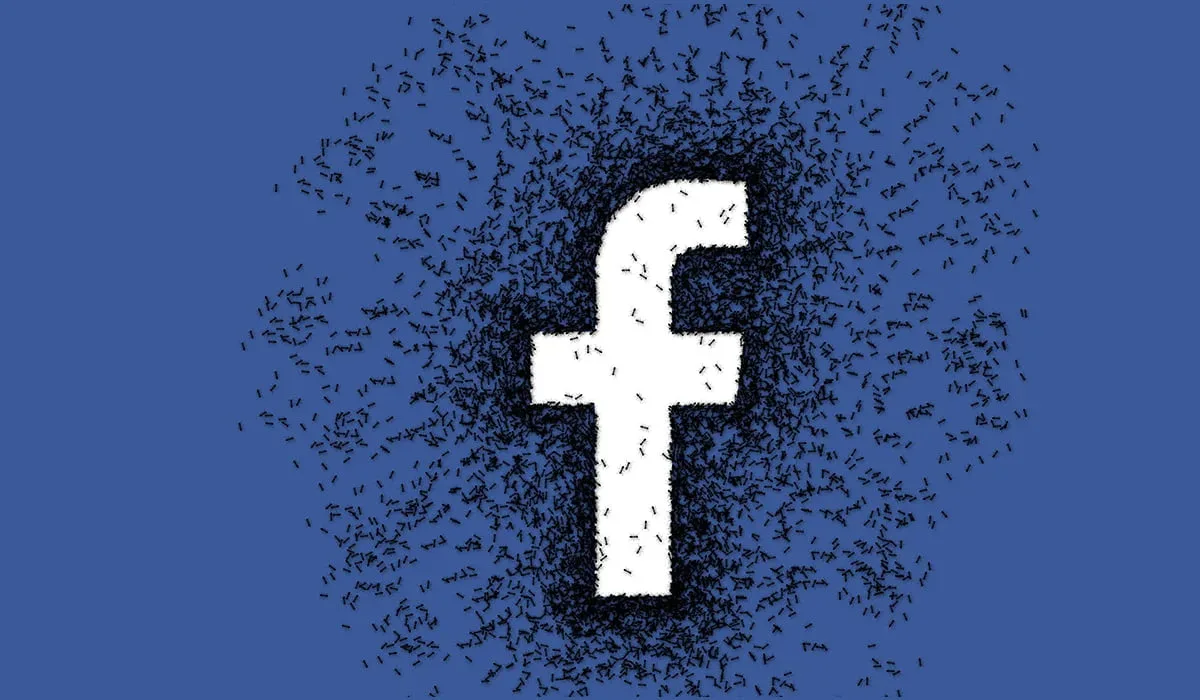Back when the concept of Eugenics was introduced, many people warned about the doors it may open in the future. It turns out they were right, after all; Eugenics paved the way for Sociogenomics.
Sociogenomics is the idea of evaluating a person’s genome taking into account all the social implications attached to that person.
How did it all start?
For those of you who don’t know, eugenics is the idea of improving the genes by deliberately discarding the ‘unhealthy’ ones. This phenomenon was introduced in the late 19th century, and many people believe that Darwin’s ”survival of the fittest” has a lot to do with it.
The idea of ”survival of the fittest”, according to our interpretation, no way means to ‘deliberately’ discard the unhealthy genes. Instead, it talks about how the healthy genes, the ones that can adapt, compete with others and make sure that they survive. It does not imply that us, humans make an active effort to ensure that only the ”fittest’ survive.
Eugenics went a step further and defined the term ”fittest” for everyone.
It all started when Francis Galton, a statistician in the Victorian era, claimed that intelligence and talent were hereditary traits. It was Galton who coined the term ‘Eugenics.’
He further went on saying that these traits could be enhanced in humans just as artificial selection enhances a trait in plants and other animals. It was a radical statement that nobody at that time believed could be ever implemented. But this was not what happened later on.
Researchers around the world got divided by how they felt about Eugenics. There were a significant number of scientists who believed that it could be a breakthrough for taking the human race to another level.
Scientific marginalization
People with low IQ levels started being stigmatized. Intelligence was not the only trait scientists worried about. It also paved the way for ethnic discrimination. A racial divide gained momentum where African Americans were not allowed to procreate. People termed this as ‘scientific racism’ and protested against it.

People with disabilities, those who didn’t conform to genders considered as ‘normal’ were also a few of its victims.
Fittest Family contest
Thanks to Galton that we even witnessed things as absurd as ‘Fittest family contest.” The first competition of its kind took place in Kansas where families were examined through various physical and psychological tests.
From IQ level to the color of their skin, families were examined for literally every trait one could think of being discriminated against. They were later given a grade that reflected their performance in the examinations. The families who triumphed were glorified and encouraged to procreate.
Was Eugenics always so negative?
Well, not many would agree, but there is a fair argument made by the proponents of ‘Positive eugenics.’
Some Eugenicists believed that people who do not have a genetic disability should be encouraged to procreate. But there were also others who deemed it important to actively suppress the ones who are genetically ‘unfit’ for procreation. The two ideas above are different if you look closely. The former did not suppress or discouraged the ‘unfit’ ones from procreating, but the latter did.
The proponents of negative eugenics termed the ‘unfit’ as the ‘inferior stock,’ treating humans like animals. According to these people, those who belonged to either middle class or upper class of Nordic Teutonic Whites were fit to have another generation.
Even one’s social class became one of the factors deciding whether or not a person should carry on their family. If you were poor and that too being African American, you were to be publically disdained.
It was that time when birth control was considered something ‘highly unethical.’ But for the African Americans, it was a method to keep their breed in check.
The gruesome events in the history of Eugenics
The examples given above are some of the horrific events that have permanently scarred the term ‘Eugenics’ for us. But there are also a few other events that are worth mentioning.
Compulsory sterilization
Back in the early 1900s, the first compulsory sterilization act of the world was passed in Indiana. This act made sure that men who had anger issues and tend to have a criminal behavior are ‘fixed.’ For women, it was to keep a check on the result of their sexuality.
Euthanasia for the ‘Unfit’
Did they stoop that low? Unfortunately, yes. Out of the eighteen methods exposed by Edwin Black to eliminate the ‘defective germ plasm’ from the human race for good, one was Euthanasia. Since the idea was far too outrageous to be implemented at large, scientists were smart enough to turn to other means no less radical than Euthanasia itself. The doctors would deliberately infect the patient’s milk with Tuberculosis, trying to make a point that the fit ones will be resistant, and let 30-40% of those people die because of it.
Is Sociogenomics Eugenics in today’s world?
To put it simply, Sociogenomics is a more ‘humble’ approach towards Eugenics. Proponents od Sociogenomics talk about having a health report at the time when you are born to give you the idea of what ‘defective’ genes you have inherited or could inherit to generations to come. The report will not only be given to you; the doctors or the hospitals for that matter will have a copy for record keeping as well.
See what they are trying to do here?
Further, since it is ‘sociogenomics’ we are talking about, the economists and sociologists will also play a role in completing your report by predicting your prospects financially as well as behaviorally. So, your report card will tell you about every aspect of your life based on your biology.
What risks does Sociogenomics entail?
As for the risks, they are quite distinct. Like I mentioned above about how your report will not only remain to you and will be kept for the record, your information is open to exploitation. Exploitation in the sense that the companies might buy off your information for multiple purposes.
In a world where a bug in Google+ puts people’s information at a great risk and a Facebook hack jeopardizes millions of user profiles, imagine how safe your information is going to be.
Given the fallacies of privacy policies today, Sociogenomics can be havoc, to be honest. I don’t see how we are going to benefit from this data collection that has more risks. People who have HIV, genetic disabilities or any other issues of the same sort themselves feel how unfair it is to bring a child in this world whose chances of survival are meek. I know that you might be thinking that the majority of the people does not feel this way but to aware people about it instead of suffocating conditions for them is still a safer option.
For better or for worse, Sociogenomics is in the works. Let’s see where it takes us.
Do let us know what you think in the comments section below!
Special Mention MIT Technology Review





Share Your Thoughts